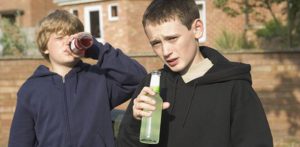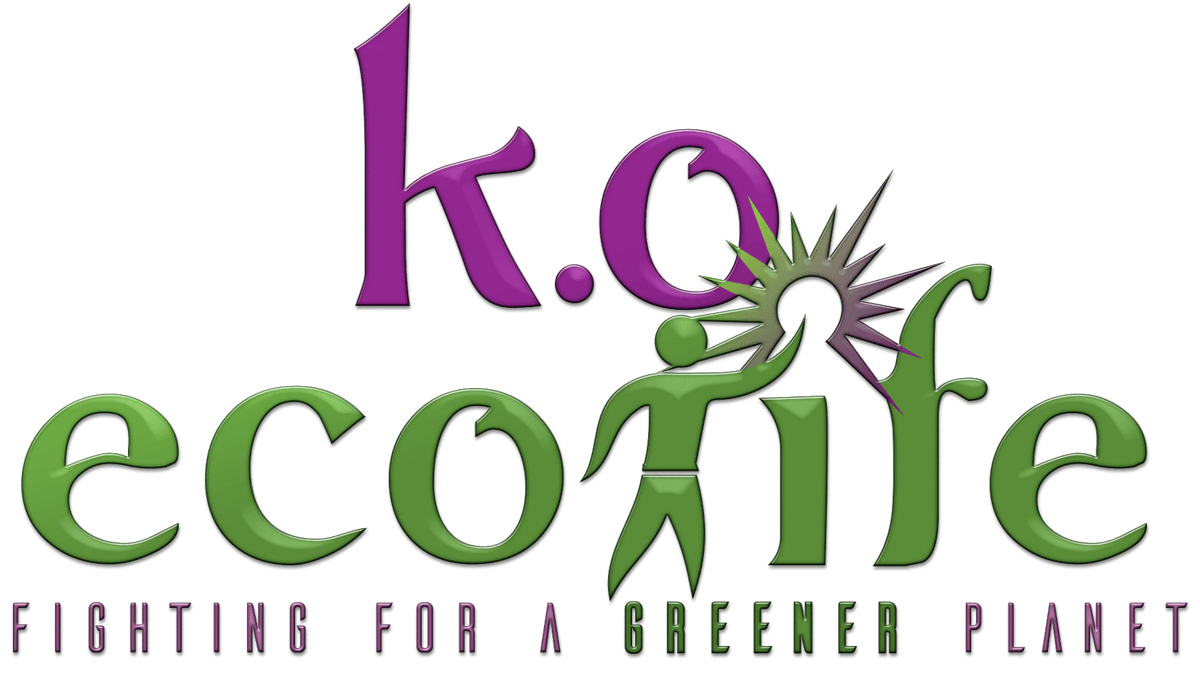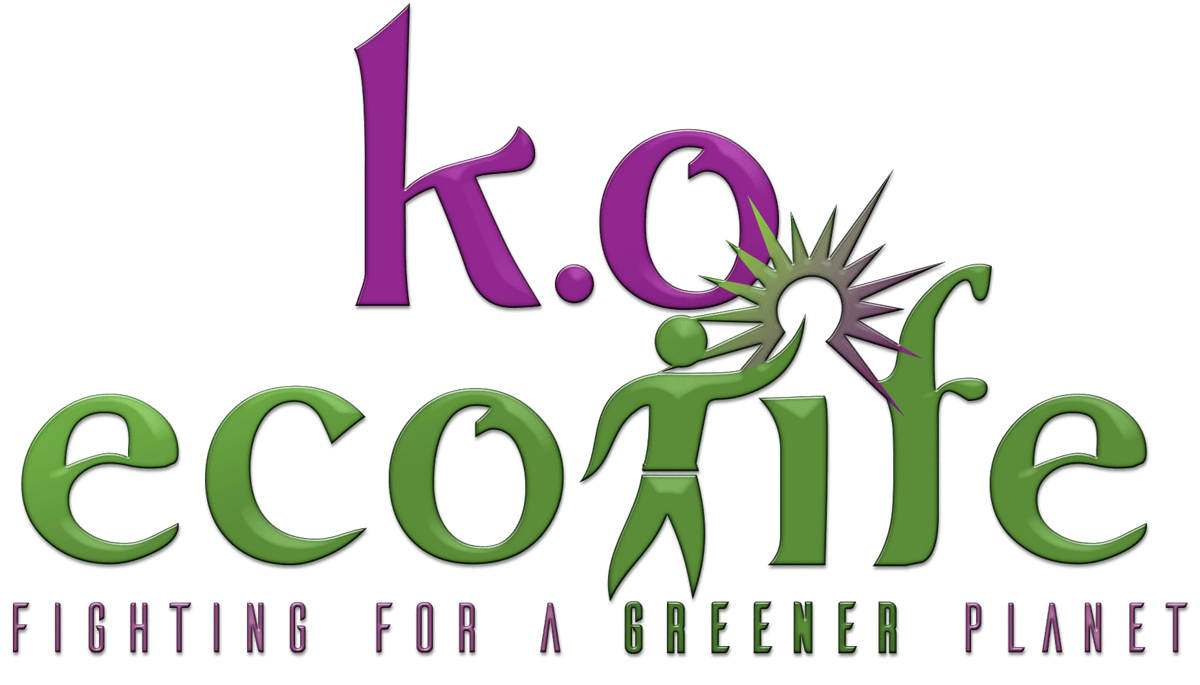MONTHLY SERIES–UNDERSTANDING ADDICTION, RECOVERY, & WELLNESS: GENETICS
“Scientists estimate that genetics, including the effects environmental factors have on a person’s gene expression, called epigenetics, account for between 40 and 60 percent of a person’s risk of addiction.”
Early stage addiction/dependency
Just about all human beings have used mood-altering chemicals for pleasure of some kind. For the most part, they do not become addicted. Recreational use of alcohol is nearly universal. Some people who use alcohol become addicted. Most do not. I want to examine what the addict look likes when the addiction is just getting started.
As we previously examined, remember that the definition of chemical dependency is a pathological love relationship. This relationship starts early and builds with time and use. The motive for the addict and the casual user is the same in the beginning. Both want a pleasurable experience. This seems to be nearly universally appreciated. For the addict in the early stage, this addictive activity becomes a core that is primary to other enjoyable experiences. For example, listening to good music might have to include having a glass of wine. This is the nature of the pathology. It is not that the addict does not love other things. It is just that the addiction is the primary love and other loves are secondary.
Early Use
 I want to give examples of how this works in real life from my experience as a recovering alcoholic and as a clinical social worker. In my own experience with alcohol, it started with sneaking drinks from family and friends supplies around the age of twelve or thirteen. Many of my friends were also experimenting with alcohol but for me, it was more important. The point that I want to make is that using alcohol for the rewarding, euphoric experience became a central part of my young life. I was able to begin recovery with much outside help at the age of 34 until now in my 70s.
I want to give examples of how this works in real life from my experience as a recovering alcoholic and as a clinical social worker. In my own experience with alcohol, it started with sneaking drinks from family and friends supplies around the age of twelve or thirteen. Many of my friends were also experimenting with alcohol but for me, it was more important. The point that I want to make is that using alcohol for the rewarding, euphoric experience became a central part of my young life. I was able to begin recovery with much outside help at the age of 34 until now in my 70s.
Family History
 My clinical professional experience in the field of addiction started in 1983 after I got my MSW degree and started working for Catholic Social Services in northern Michigan. I did a lot of work with families of alcoholics. I was surprised at the number of young children using marijuana and medication taken from home medicine cabinets. The children were buying the marijuana from dealers on the street. This was in a community hundreds of miles from a major city. It had a population of 10,000 people in the city and about 20,000 people in the county. Some of the children using alcohol began as young as 9 years old. The first drug used was not usually alcohol but marijuana. In some cases, this behavior is so common that the “experimenting” is normal.
My clinical professional experience in the field of addiction started in 1983 after I got my MSW degree and started working for Catholic Social Services in northern Michigan. I did a lot of work with families of alcoholics. I was surprised at the number of young children using marijuana and medication taken from home medicine cabinets. The children were buying the marijuana from dealers on the street. This was in a community hundreds of miles from a major city. It had a population of 10,000 people in the city and about 20,000 people in the county. Some of the children using alcohol began as young as 9 years old. The first drug used was not usually alcohol but marijuana. In some cases, this behavior is so common that the “experimenting” is normal.
Symptoms
What then are the symptoms of early addiction that should be of grave concern? The extended family history of chemical dependency is the strongest indicator of a youth eventually having an addiction problem. This by no means states that all family members will be addicted but this problem strongly runs in families. This disease often has a profound negative impact on family members. These negative effects can exacerbate the recovery process if left unchecked. I will spend more time on the next post getting into the effects of chemical dependency on family and personality development. This information will help the public in creating family and public life conducive to a nonadditive lifestyle.
NEXT
The next post will publish on Wellness Wednesday, December 5th and will explore the development of chemical dependence especially in its early stages. This will help in understanding the effect of addiction on personality development. The general public needs to understand this to promote effective policies to combat this disease.
QUESTIONS
Do you have a specific question related to addiction and recovery? Please send your comments and questions to eaglekenj@gmail.com and I will cover it in a future blog post. Also, stay tuned for details regarding my online program, “Addiction, Recovery, Wellness”.
Kenneth J. Orlich, LMSW, LMFT, CAADC, ACSW is a clinical social worker, family and marriage therapist, and addiction specialist with over 35 years of experience working as a clinician with the addicted.
_________________________________________________________________________________________________
CONNECT WITH US —
Please like/follow us on social media links below to support a Made in USA, healthy-lifestyle company that is ‘Fighting for a Greener Planet’ to make a differnce! Thanks friends!!
Sign up here at www.koecolife.com and receive valuable coupons, tips, & product updates. And, follow us @koecolife on ![]()
![]()
![]() for our latest news and events too. Go YOU!
for our latest news and events too. Go YOU!
ABOUT US
K.O. “knock-out” ecolife was inspired by healthy living with a gut-wrenching desire to make a difference! We’re ‘Fighting for a Greener Planet’ with the eco-friendly products we develop, information we share on health, fitness, and wellness, and Giving Back mission.





